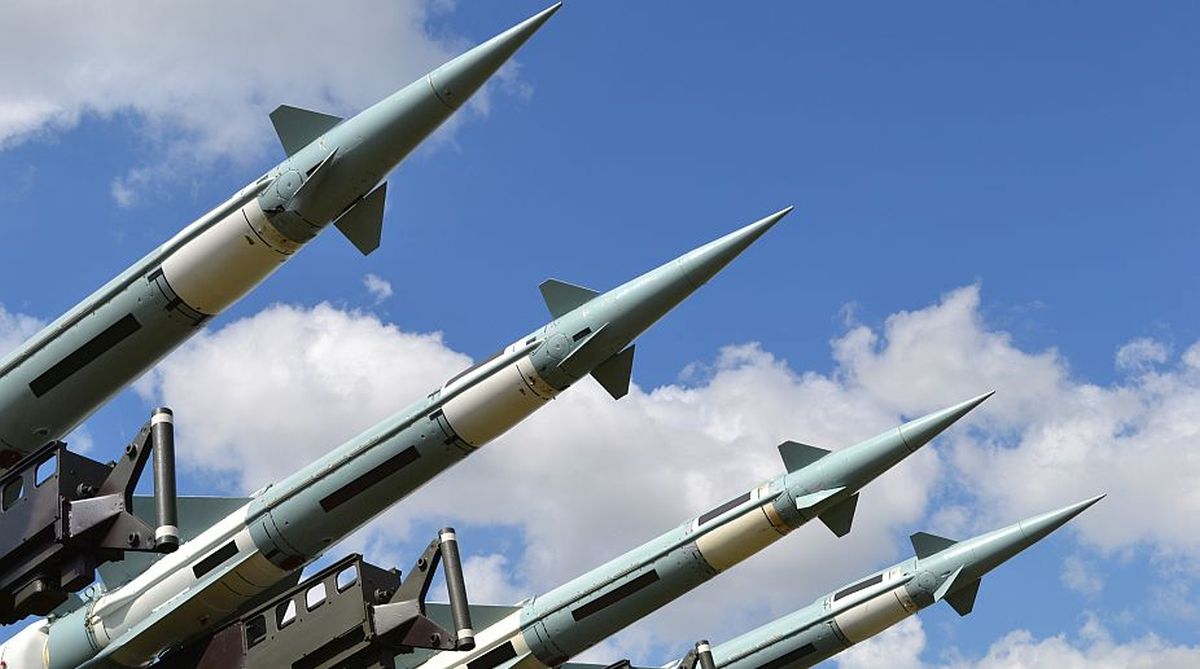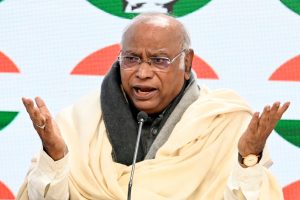Thirty years after the fall of the Berlin Wall, a momentous event that had marked the end of the Cold War, a new and rather unnerving phase confronts the world. Donald Trump declared on Saturday that the US will withdraw from the nuclear arms treaty with Russia. This at once raises fears of what experts have warned could turn out to be the “most severe crisis in nuclear arms control since the 1980s”.
To the astonishment of the Western powers, the US President has let it be known that “we’re going to terminate the agreement and we’re going to pull out.” This will not, however, militate against the historical significance of the agreement between the US and what was till August 1991 the Soviet Union. The chief import being that for three decades, the arms control treaty ~ Intermediate-range Nuclear Forces (INF) agreement of 1987 ~ had kept nuclear missiles out of Europe. It had banned ground-launch nuclear missiles with a range of between 500 km and 5,500 km. Signed by Ronald Reagan and Mikhail Gorbachov, it led to nearly 2,700 short-and medium-range missiles being dismantled, and an end to a dangerous standoff between the US Pershing and cruise missiles and Soviet SS-20 missiles in Europe.
National Security Adviser John Bolton, a robust opponent of arms control treaties, is said to have pitched for US withdrawal. The US claims that Russia has been violating the INF agreement with the development and deployment of a new cruise missile. Under the terms of the treaty, it would take six months for US withdrawal to take effect. Hawks in the US establishment had argued that America’s response to its strategic rivalry with China in the Pacific had been hamstrung by the INF treaty, with no response to Chinese medium-range missiles that could threaten US bases, allies and shipping.
Mr Trump’s announcement in Nevada has promptly been countered by the Kremlin, which has debunked Washington’s decision to pull out of the treaty as being “motivated by a dream of a single global superpower. The main motive is a dream of a unipolar world. Will it come true? No,” a foreign ministry source is reported to have told Ria Novosti state news agency. It would be useful to recall that on several occasions Russia has publicly denounced the US policy towards dismantling the nuclear deal.
Mr Gorbachov’s response therefore has decidedly pregnant implications ~ “It would be a mistake for Washington to quit the treaty and it would undermine the work that I and my US counterparts did to end the Cold War arms race”. The agreement did mark a critical change in the process of world history. Trump’s declaration is an event that signifies a change in the course of history, one that appears to be concordant with his impulsive foreign policy. Nuclear arms control is set to be relegated to the footnotes. Global security is at risk.










